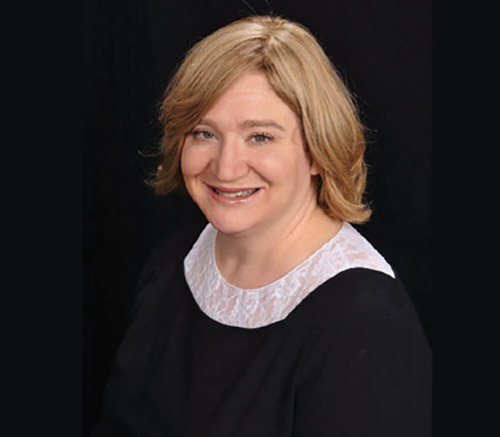
Editor’s note: This is an excerpt of a piece published in The Jewish Link online on Tuesday, October 10, 2017. To read the full version, visit https://tinyurl.com/ybfs67sg
The English word confession is not necessarily a word I associate that often with religion, except as a common translation for the vidui prayer we say before Yom Kippur and at deathbed moments, when possible. It’s a word I associate most with jail time and criminals. But in this [social media] day and [oversharing] age, the impetus for women to “confess” has somehow become associated with positivity and good mental health. People who “tell their story” to the world with the stated goal to somehow “make someone’s else’s suffering just a little less lonely” has become the cheapest therapy of the millennium. But guess what? You might be getting exactly what you pay for it.
Don’t get me wrong—this style of writing is not new; tell-all memoirs have been bestsellers for years. Many a movie starlet and spurned ex-wives of famous men have spoken their “truths” to ghostwriters and collected well-earned paychecks. I guess that’s honest money and their business. But we seem to have entered a new age of the “common woman” memoir; everyone and their daughter/sister/mother must unburden themselves somehow in order to “help others.” But are we proud of this in every case? Is this activity always to be applauded, and does “going public” with a private story somehow make it more legitimate or relevant to all? Is it possible to share too much? Is anyone else a little embarrassed by all this TMI?
The central prohibition against unethical speech is Leviticus 19:16: “Lo telech rachil b’amecha”—do not go about as a talebearer among your people. When journalists report the news, we go through (or, ideally go through) a process of fact-checking and editing to make sure the information is correct as much as possible. The efficacy of this differs among publications, but I know my organization does its very best, though we do still err. However, with personal stories and people “bearing witness” to events or experiences, the truth is sometimes more difficult to discern. A common example of this is people who have witnessed car accidents from different perspectives will often tell the police they saw the incident happen one way, when another person will say the exact opposite.
There are exceptions to this, of course: Certainly, breaking one’s silence about sex abuse, harassment and child abuse is right and appropriate. Individuals and groups advocating turning in such abusers without exception in the Jewish community has been an important move forward in what has been a grave communal problem fraught with too much silence. Similarly, individuals who have gone public in the wake of a family suicide or near-miss in order to help others have likely saved untold lives.
However, it is my sense that it is not always appropriate to shout all personal issues from the figurative rooftops. “Letting it all out” has a darker side that few people seem to consider, and even fewer seem to understand. Also, one can always find someone to agree with if one is seeking legitimacy or to be heard, but public forums are risky and the internet may not always provide people with the forum they hope for. I have learned three things in 15 years in journalism: 1) You can’t untell a story, 2) you often only get one chance to get it right, and 3) you can’t erase the internet.
The Mishnah in Pirkei Avot (1:17) says, “Rabbi Shimon, the son of Rabban Gamliel, said: All my days I have grown up among the Sages, yet I have never found anything good for the body except silence.” Mefarshim (commentators) question this. Certainly, silence has often been touted as good for the neshama, the soul. But why did Rabbi Shimon remark that he had not found good for the body except silence?
To read the rest of this article, visit this link: https://tinyurl.com/ybfs67sg
By Elizabeth Kratz










